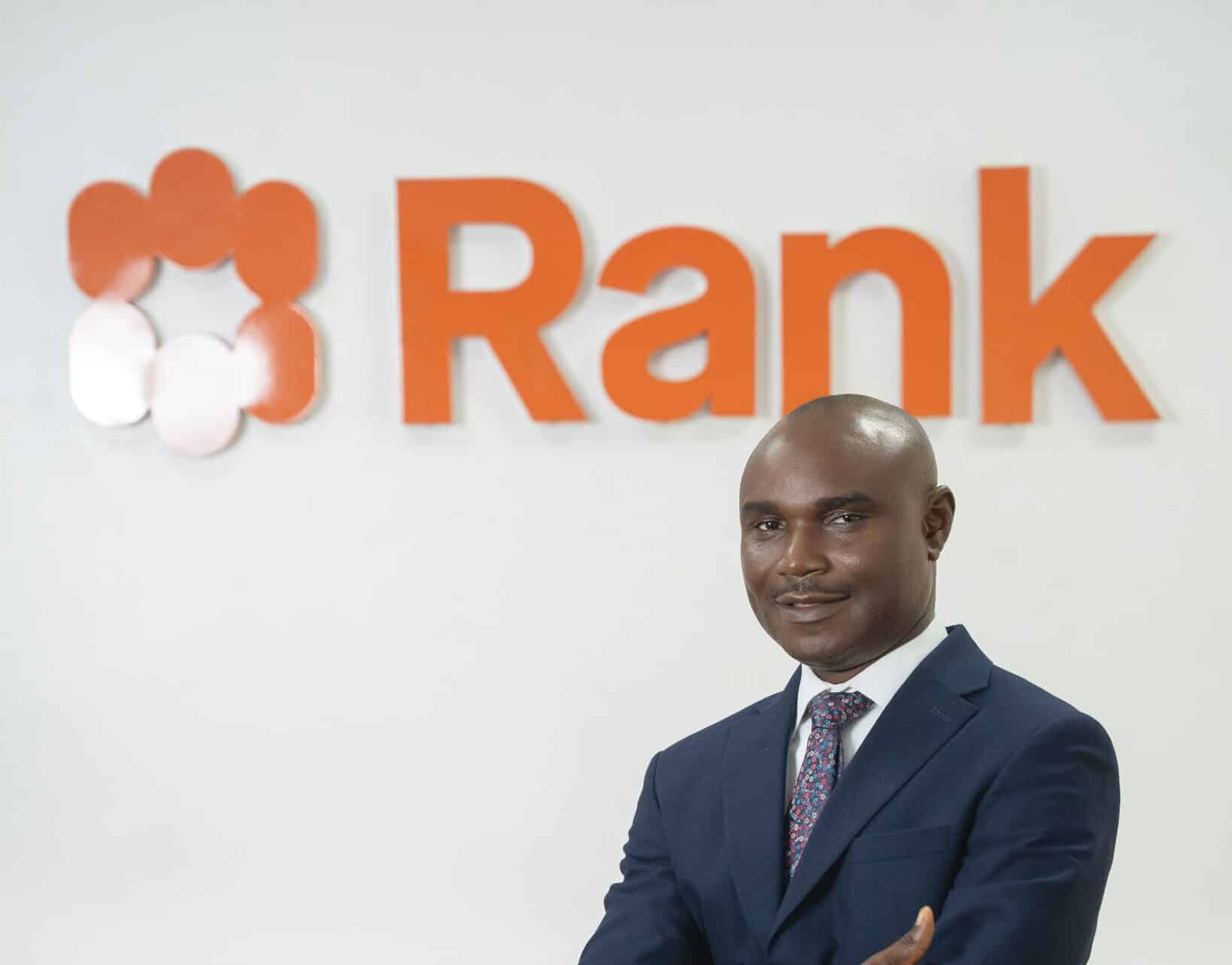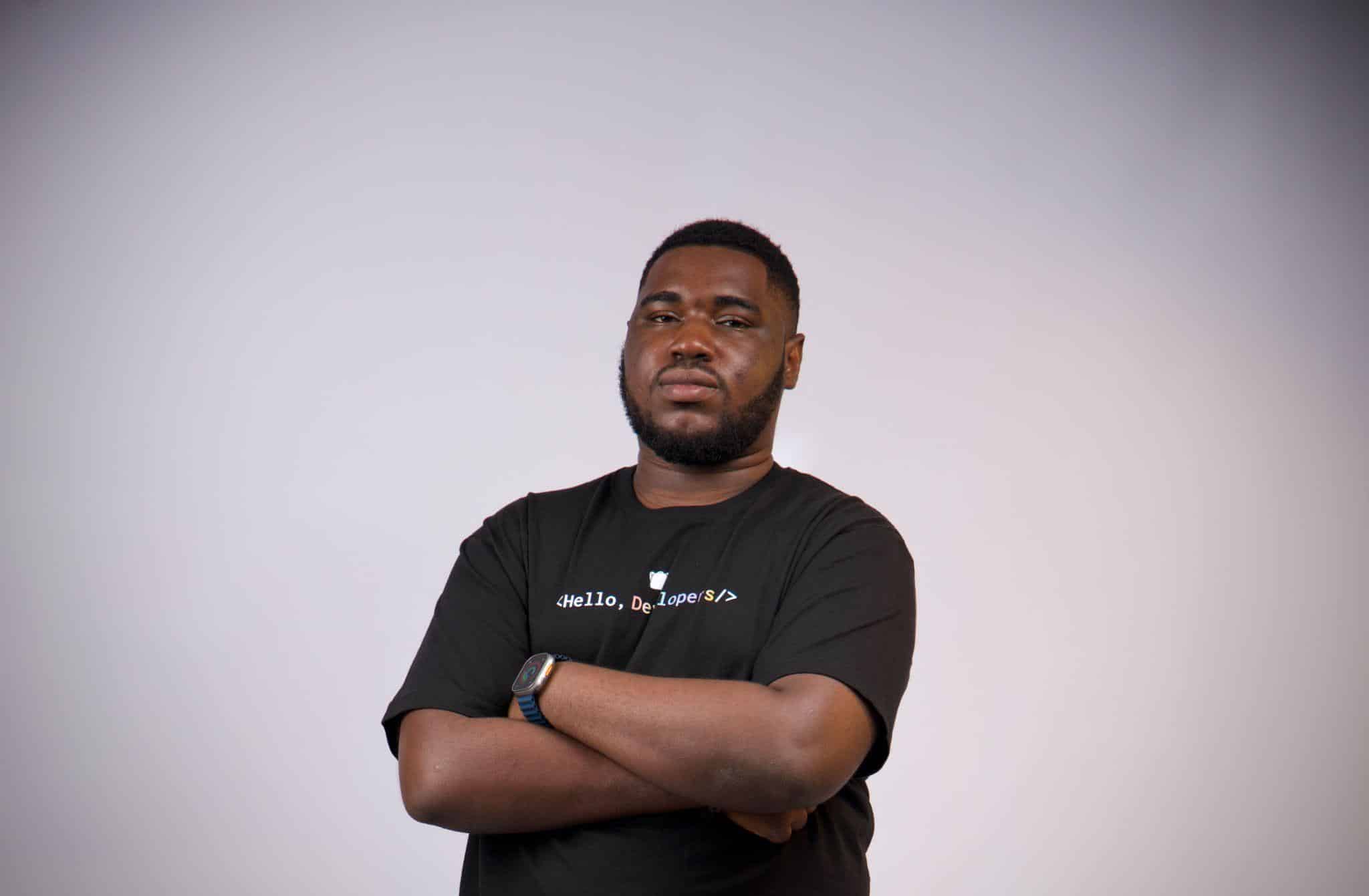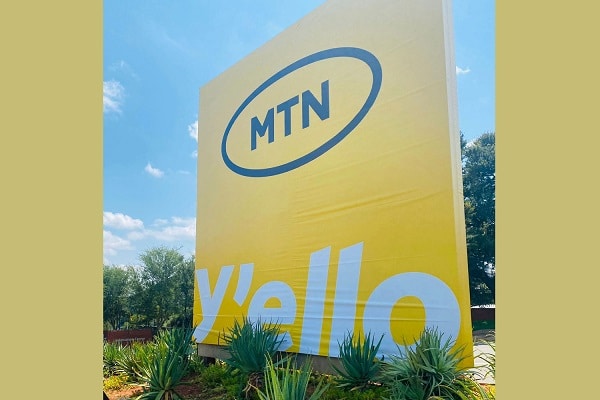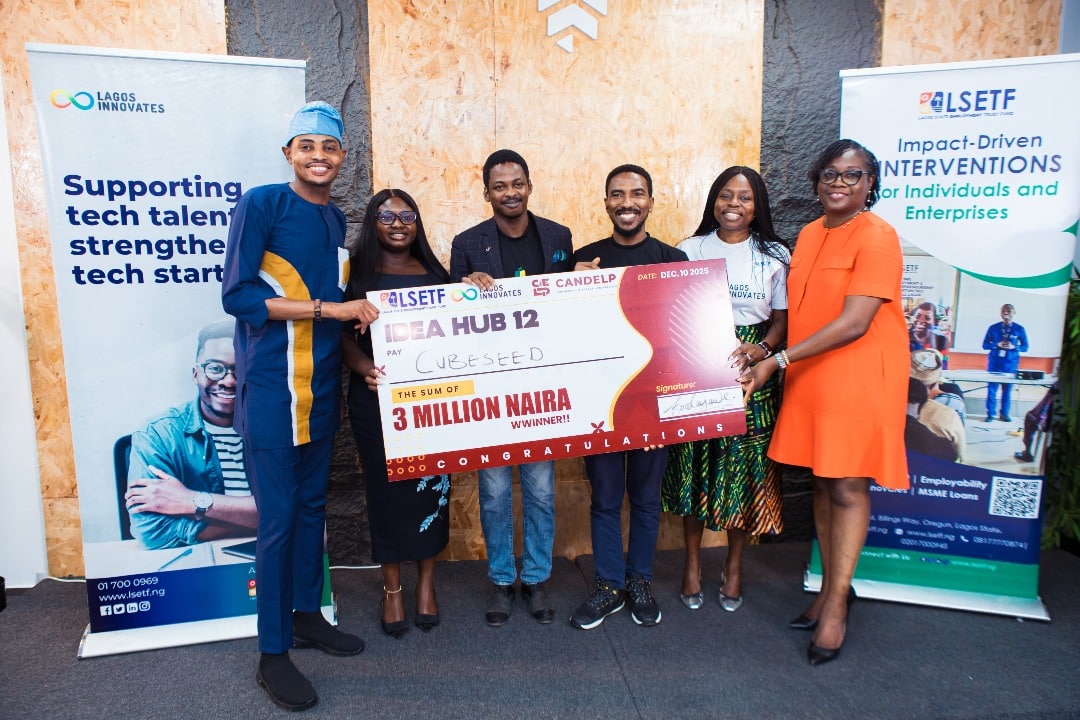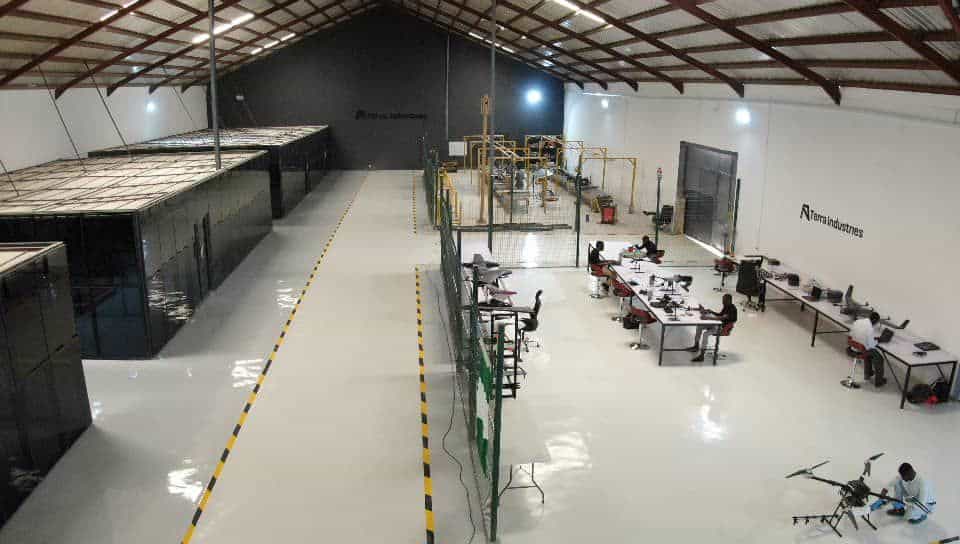When Ademola Adelekan began his career at Wema Bank in 2016, he never imagined it would one day lead to heading the DevOps team at one of Africa’s most consequential payment companies.
At the time, his curiosity and drive for learning made him part of the team that built ALAT by Wema bank, one of Nigeria’s first digital banking platform.
By 2019, that curiosity took him to Interswitch initially as a QA Automation Engineer. Two years later, he had fully transitioned into DevOps engineering, a move that positioned him at the intersection of automation, security, and Africa’s financial technology transformation.
Today, as Head of DevOps at Interswitch, he leads a team of six engineers building hybrid infrastructure that combines cloud and on-premise systems for resilience and scalability across the company’s payment services.
Foundations of a builder
Ademola’s journey into technology began at the Federal University of Technology, Akure (FUTA), where he studied Computer Science. His passion for writing code and solving complex problems truly began in his third year at the university.
“For my final-year project, I built a navigation system that used a routing algorithm to map the shortest routes within the school environment, by car, by bicycle, and while walking. It was an intensive project, but I was able to do it successfully,” Adelekan says.
After graduation, he honed his skills during a post-graduate internship with the Information Technology and Communications Unit (INTECU) at Obafemi Awolowo University, where he co-managed the university’s e-portal while completing the national youth service programme.
The role had him examining the source code, coming up with improvements and discussing with the Director of the ICT centre.
“That was around the time JAMB started its integration with university portals across Nigeria. I worked hand in hand with the staff at the ICT centre to get that integration done. That built my confidence to apply for the Wema Bank graduate trainee program.”

Victoria Fakiya – Senior Writer
Techpoint Digest
Stop struggling to find your tech career path
Discover in-demand tech skills and build a standout portfolio in this FREE 5-day email course
Building and learning at Wema Bank
Working at Wema meant constant adaptation. For Adelekan, working in such a challenging environment meant he quickly had to “tune his skills,” especially since he was part of the team working on building Alat, Nigeria’s first digital bank.
“That was my first experience with the Agile methodology in software development. Before then, I was more of a Waterfall model guy.”
With this tuning came the struggles in choosing the right tools and methodologies to use, especially for automation. Additionally, because banks are highly regulated, there were restrictions on accessing cloud services and open portals.
While exploring these tools, Adelekan began with Postman, a JavaScript-based training tool. But its limitations when running tests on restricted servers had him trying out other new frameworks. Eventually, he learned Cucumber, a behaviour-driven development framework written in plain English. To make it work efficiently, he had to learn tools like WebDriver and even had to pick up Ruby programming, despite being primarily a .NET developer.
In that fast-paced environment, he faced one of the most common uncertainties young engineers experience at the start of their careers; the imposter syndrome. Over time, through mentorship, continuous curiosity, and persistence, he built back his confidence. One of his cheat codes was not being afraid to ask stupid questions and seeking guidance from his senior engineers.
“That experience taught me the importance of using the right tools for the environment,” he noted.
Scaling up at Interswitch
In 2019, Adelekan joined Interswitch as a Quality Assurance (QA) Automation Engineer. Two years later, he transitioned fully into DevOps engineering.
Coming from a traditional banking background, the scale and culture was entirely different from his previous experiences. While Wema Bank was focused on building a single digital bank, Interswitch was powering payments for millions of users and multiple financial institutions. His QA background provided a deep understanding of these service interactions, which helped him adapt to his new role.
“My role in DevOps was about balancing culture and technology. It meant ensuring reliable payments in an environment where transactions happen every second and downtime isn’t an option. On the technical side, it meant working with hybrid infrastructures: cloud for scalability and on-premise systems for compliance.”
His work became focused on using automation, moving beyond simply deploying tools, to driving collaboration, a shared responsibility, and continuous improvement across development, security, QA, and business teams.
For Adelekan, his goal was to ensure that when an African uses a card or makes a transfer, the Interswitch system operates seamlessly.
“At Wema Bank, I learnt the value of speed and first thinking; at Interswitch, I learnt how to apply those skills I had learnt in Wema Bank,” Adelekan says.
Securing the future with fraud automation
Ademola’s work in DevOps automation also supports Interswitch’s fight against digital fraud, an issue he describes as a global challenge.
For a company like Interswitch, which serves numerous businesses, maintaining trust is paramount. DevOps to Adelekan is not just about deploying tools but also ensuring reliable payments in a high-stake environment where downtime can disrupt entire financial ecosystems.
While the DevOps team doesn’t design fraud models directly, they ensure that the systems running those models are available, scalable, and continuously updated.
“Automation and real-time monitoring are key. You can’t manually keep up with thousands of transactions per second, and fraud attempts happen in real-time. Automation allows suspicious activities to be flagged, blocked, and escalated instantly without waiting for human review.”
Beyond technology, Adelekan sees collaboration as the missing link in industry-wide fraud prevention. Fraudsters typically do not operate within organisational boundaries, and a method that works on one platform can easily be replicated across others in the same sector.
The financial industry’s tendency to operate in silos limits the collective’s ability to respond quickly. Improved data sharing and collaboration across financial institutions would significantly enhance fraud detection and prevention, creating a faster and more unified response to emerging threats.
Driving digital transformation in DevOps
Adelekan’s approach to DevOps transformation goes beyond automation and integration. He sees it as a cultural shift that redefines how teams work together to deliver technology.
Traditionally, development teams build software, while operations teams maintain it. However, working in silos has often led to delays, finger-pointing, slow response times, and overall inefficiency.
DevOps breaks these silos. It is more about collaboration across development, operations, security, and business teams to deliver reliable customer experiences. On the technical side, it involves automation, CI/CD pipelines, cloud native practices, and hybrid infrastructure.
In Nigeria’s fintech landscape, where reliability is critical, DevOps enables teams to scale rapidly, handle transaction spikes, and roll out updates without downtime.
Beyond the technical aspects, Adelekan highlights the human side of DevOps, which is communication, trust and collaboration. For many stakeholders in the fintech space, especially in banking, innovation can feel disruptive. Managing that disruption requires clear communication with stakeholders and involving them early in the process.
“When they understand and feel included, they become collaborators, not obstacles,” Adelekan says.
Leadership, lessons and life
Adelekan’s journey from software engineering through quality assurance to DevOps leadership has been shaped by constant learning and collaboration. His journey into DevOps engineering has reinforced three lessons.
One, he says automation is not just about efficiency; it is about enabling innovation. Automating QA tasks at Wema Bank taught him that the small process improvements helped free teams to deliver faster and more confidently.
Secondly, he’s learned that collaboration makes the work easier.
“Traditional software roles make it easy to focus on just your piece of the puzzle. But in DevOps, you quickly learn that real software comes from developers, security, testers and security with all shared responsibility.”
Also, his journey has shown the importance of continuous learning. As technology evolves daily, it is important to always stay updated on trends.
“Moving into DevOps showed me that the ability to adapt is more valuable than holding on to old skills. You can’t be static,” Adelekan says.
He is now focused on shaping the next generation of engineers through mentorship, a responsibility he considers as important as his technical work. Adelekan is actively doing this by creating learning environments where young engineers learn by doing, and when issues arise, he guides them to think critically and collaborate. He finds this mentorship profoundly rewarding, stating it not only sustains growth for others but also keeps him grounded and learning.
Outside the world of DevOps, Ademola finds freedom on two wheels. “I ride bikes for long distances. I’ve ridden from Lagos to Abuja, to Ilorin, and even across borders from Lagos to Ghana through Togo and Cotonou. Riding clears my mind and gives me a sense of freedom.”
If he wasn’t automating payment systems or navigating African highways, Ademola Adelekan says he would have been a product designer, a systems engineer, or a teacher.



